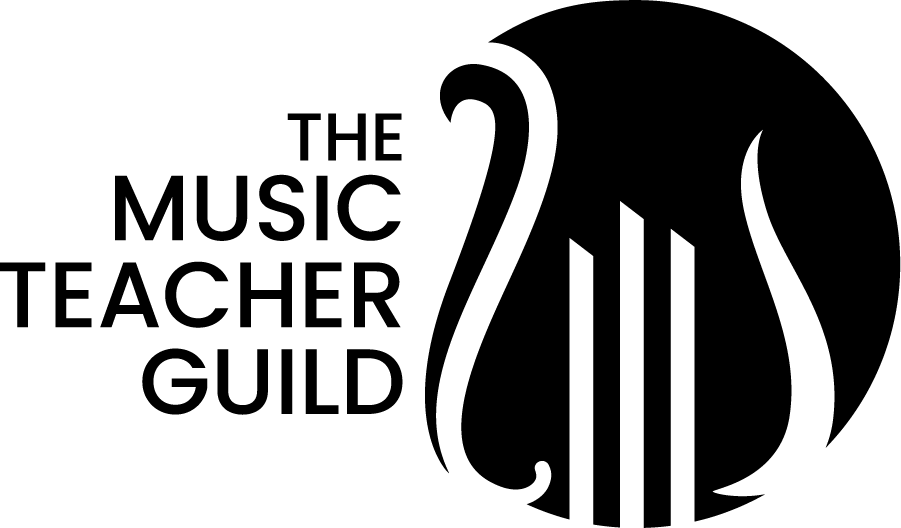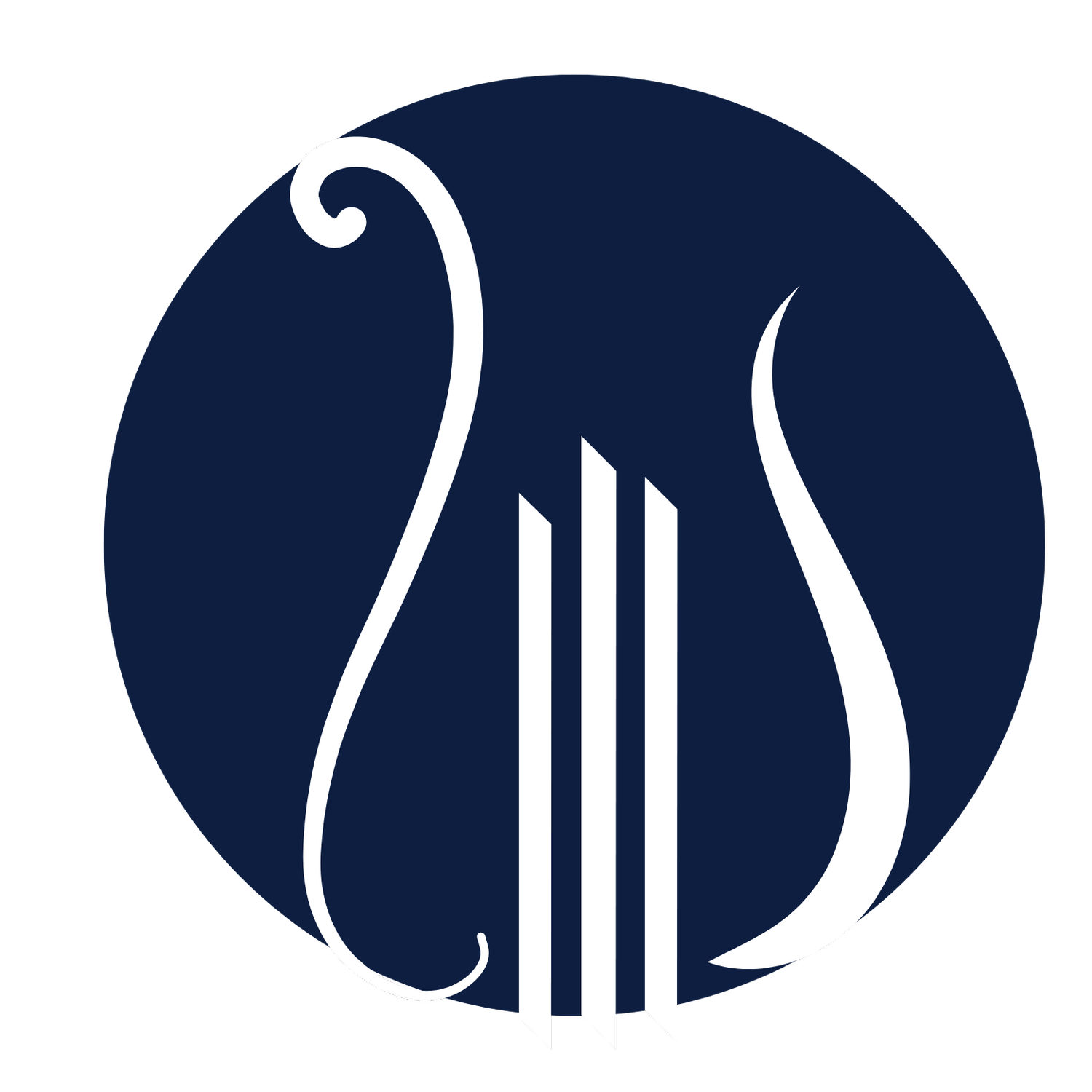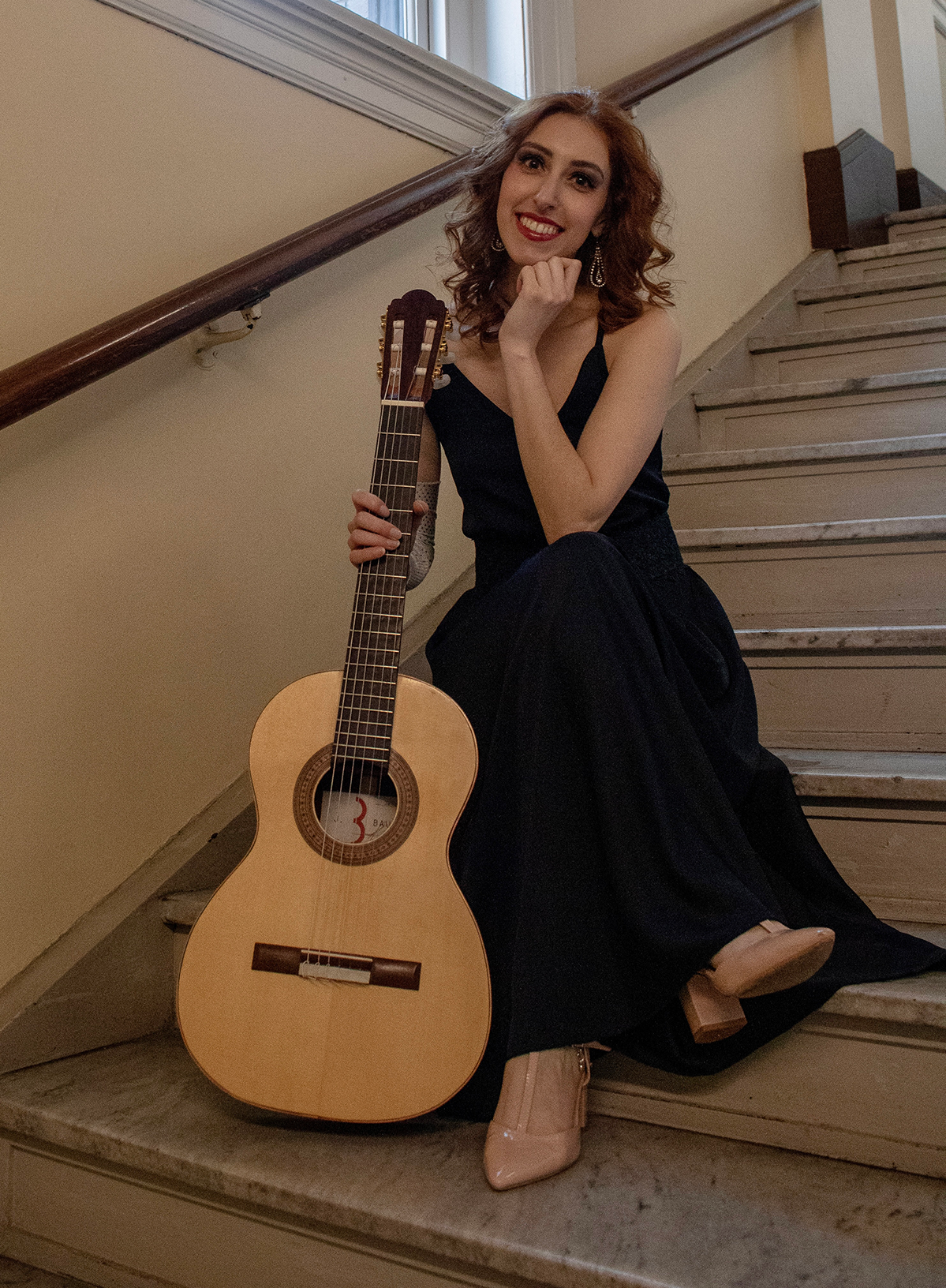Marisa Sardo
Chicago-born guitarist Marisa Sardo has emerged as one of today’s most exciting young artists. Born in the United States from Italian parents, she holds a dual-citizenship and is an active musician in music scenes all over the world. Her unique programs include a variety of diverse music, including music from Europe, African music, music from South America, music written by women, world premieres, and music written for her.
She began playing at the age of 4, and at a young age, she started competing in and winning local competitions. In 2022, she was one of the only classical guitarists to win 1st prize in the New York Laureate International Music Competition. In 2021, she won 1st prize in the Twisted Spruce International Music Competition. In 2019, she won 1st prize in the Grand Prize Virtuoso International Competition, and performed in Amsterdam and Salzburg in the winner’s concert tour. She also was the 2nd prize winner and only American competitor in the 2023 Tabula Rasa International Guitar Competition. She has performed in numerous venues around the world as a guest soloist, and has been selected as a guest artist in multiple concert series around the world for solo concerts and masterclasses. Marisa released her debut album in 2023, which included groundbreaking works by Sor, Mertz, and more.
Marisa received a postgraduate Performer Diploma from New England Conservatory in 2023. She received her Master of Music degree from the Jacobs School of Music at Indiana University in 2022. She received her Bachelor of Music degree from Northwestern University in 2020, and she also studied at the Accademia Chigiana in Siena, Italy in 2018, being the youngest person that year to receive a Diploma di Merito.
-
Learning to play a new instrument should be easy. Anyone can learn to speak the language of music, regardless of age, ability, or background. This is what what I instill in my lessons. I hope to demonstrate confidence and creativity to my students. I see the classroom as an opportunity for students to develop a musical understanding into a passion that will stay with them forever with the help of their peers. I keep this philosophy in mind in my private lessons as I help to guide my students to become greater and more confident musicians.
I aim to give my students the tools to develop their creativity in a cooperative setting that emphasizes the process of trial and error and outlines musical coherence and fluency. I strongly encourage not only studying but also enthusiasm, mutual respect, and for learning to be a shared experience.
To encourage students to develop their musical creativity, I use analytical and theoretical learning strategies to model a deep understanding of the macroanalysis versus microanalysis within music. To be able to express the emotions that exist within a musical work, the students must develop an innate understanding of the music they are playing. The macroanalysis consists of the understanding of form, rhythmic structure, phrase structure and sequences, and musical patterns, and the microanalysis consists of harmonic analysis, chordal relationships, microphrasing, and historical performance. When I teach, I start with the macroanalysis of a musical work, encouraging the students to think about form and rhythm independently. After the student has developed an understanding of the macro, I teach the students the microanalysis of music, further implementing musical confidence. I encourage the belief that music is a creative art within a historical structure, and that passion is the final key to unlocking musical understanding. This practice is productive, because it allows the students to think of music as multi-dimensional.
-
I am very detail-oriented as a teacher. I begin my first lessons with a review on posture, positioning, and theory. I have my new students begin by positioning the arms without the guitar, and understanding the three points of contact on the body, the right leg angled slightly towards the hip, the left leg closer to the middle of the thigh, and the middle of the sternum. I tell my students to position the right arm at a 90 degree angle extended horizontally from the body, and then to let the wrist fall with gravity. I then tell my students to move the arm so that the elbow is in line with the side of the ribcage, with a triangular distance between the elbow, wrist, and ribs. For the left hand, I tell my students to allow their left arm to fall with gravity, and then to turn the arm so that the palm is at a 45 degree angle from the body. From there, I tell the students to close their arm by the elbow loosely until the wrist is able to fall inwards. I bestow that this is the natural position and proper posture for playing the classical guitar. I then allow my students to retrieve that positioning with the guitar on their bodies, maintaining the 3 points of contact and making sure that the guitar neck is at a 45 degree angle and the upper bout resting on the sternum. I strongly encourage my students to remember the natural positioning of the body and the arms, because music and instrumentation should be natural and not forced. I give my students the knowledge that there should never be unnatural tension when we play, because to be able to create the most projecting, resonating, and unique sound requires relaxation, confidence, and musical creativity.
-
- acoustic
- arranger
- artist
- arts advocacy
- audio producer
- author
- band director
- chamber music
- choir director
- choral
- clarinet
- classical
- classical music
- classroom
- classroom teaching
- clinician
- collaboration
- college education
- composer
- composition
- concert bands
- conducting
- conductor
- curriculum design
- dei
- digital
- diversity
- drummer
- educatior
- educator
- elementary music
- engineer
- ensemble director
- equity
- experimental
- festival
- festivals
- film score
- flute
- fundraising
- grammy
- guitar
- guitarist
- healer
- high school music
- improvisation
- inclusion
- instrumental music
- international
- jazz
- jazz bands
- jazz music
- live audio production
- live music
- marching bands
- mentoring
- middle school
- modern dance
- music business
- music conferences
- music consultant
- music education
- music educator
- music pedagogy
- music performance
- music teacher
- music technology
- music theory
- musical theater
- musician
- opera
- orchestra
- orchestra director
- pedagogy
- performance
- performer
- piano
- pit orchestras
- popular
- private lessons
- private schools
- producer
- professional development
- program development
- public schools
- R&B
- recording
- rock band
- saxophone
- soloist
- songwriting
- string instruments
- studio
- teaching
- teaching career
- trumpet
- violinist
- vocal
- vocal performance
- youth symphony








